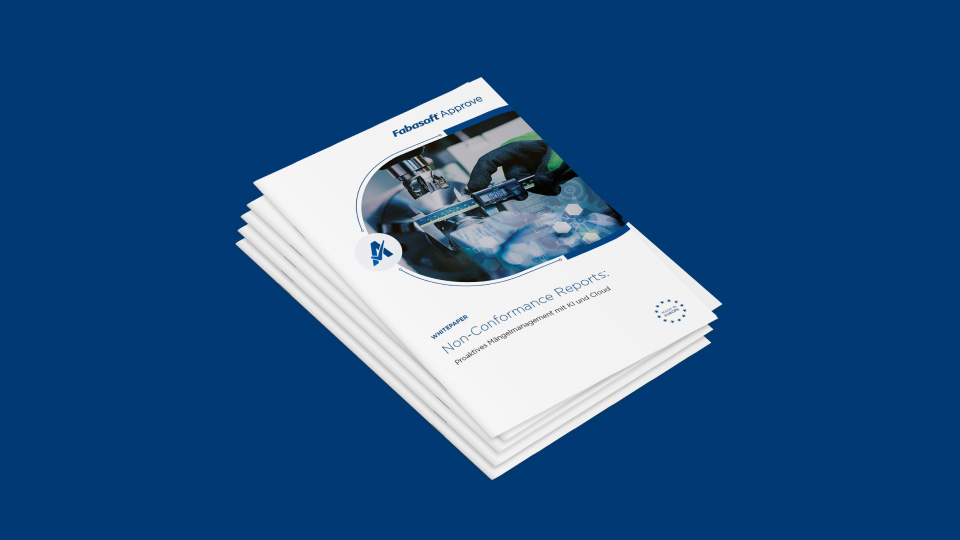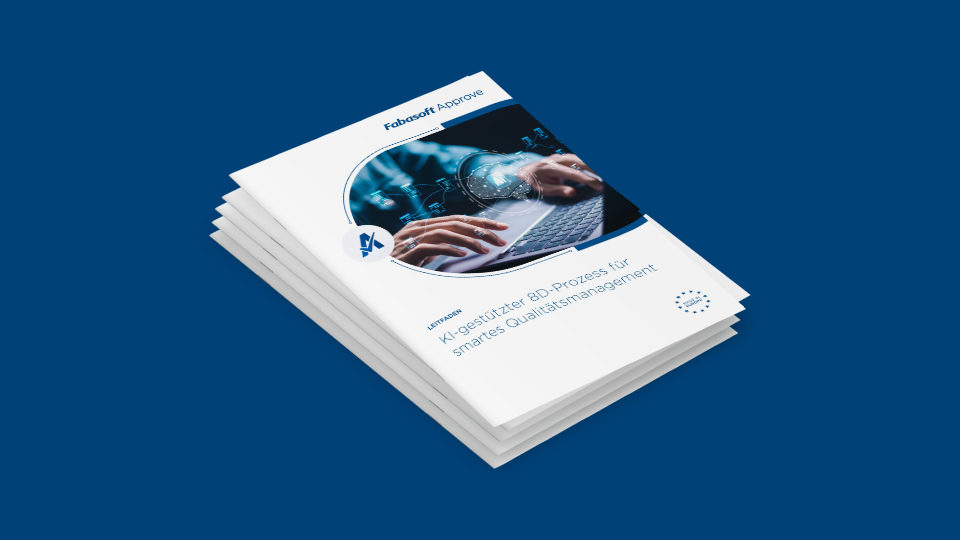Advancing digitization is not only shaping technological progress, but is also revolutionizing the way companies manage tenders. Particularly in large-scale projects such as power plant construction, tendering procedures often involve thousands of documents that are extremely time-consuming to process and complete.
In this article, I will discuss the challenges that companies face when tendering for plant construction projects. I will also show how AI-supported data and document management systems (DMS) can help overcome these in order to speed up the tendering process.
The challenges involved in reviewing tenders
Tender documents for power plant projects are extremely extensive and contain a great deal of technical, legal, and commercial information. Generally, such tenders comprise several thousand tender documents, which are often hundreds of pages long. These include contract conditions, technical specifications, service descriptions, and qualification requirements. It takes a lot of time and resources, as well as experienced specialist staff from a wide range of departments, to process this extensive documentation.
The high competitive pressure among bidders not only requires technical expertise, but also effective cost control. At the same time, compliance with strict legal and regulatory requirements poses a constant challenge. Difficult contract negotiations, managing suppliers and subcontractors, as well as taking into account environmental and sustainability aspects further add to this complexity.
AI as a game changer
The wide range of possibilities offered by Artificial Intelligence (AI) play a decisive role in overcoming these challenges and significantly accelerating the processes:
Pre-qualification of tender documents by means of AI
AI draws its own conclusions by analyzing previously submitted bids with similar questions and provides the ideal answer proposals. It furthermore points out potentially necessary tender components that are required under certain circumstances.
One example is the consideration of additional costs for the insulation of a plant building in extreme outside temperatures. Here, the AI draws on a kind of "lessons learned" collection (knowledge database) from past projects and generates proposals based on this.
Using the strengths of AI with a document management system
An AI-supported document management system (DMS) offers the ideal tools to keep track of the large number of documents involved in large tenders, as is common e.g. in power plant construction.. Thanks to a shared data environment, the DMS enables efficient management and search of cross-departmental information. Specialists can access the required documents quickly and from any location at any time, thereby facilitating the compilation of tenders.
Furthermore, a smart document management system adds metadata to important information in the tender documents and automates the assignment of tasks, including associated deadlines, as well as the review of important documents. In this way, tender processes can be significantly accelerated.
Generating automated responses to RFPs and RFIs
By combining the relevant data with AI-driven technology, it is possible to copy and paste certain questions from a tender. The AI is then able to use the information from the data sources – including previous RFPs (Requests for Proposals) and RFIs (Requests for Information) – to automatically generate correct suggested responses in seconds.
Better risk assessments with AI-supported data analysis
In order to ensure the success of a project, it is important to identify potential hazards and uncertainties through a comprehensive risk assessment. This enables companies to minimize certain risks such as cost exceedances and to ensure the successful implementation of large-scale projects.
Using existing knowledge from previous tenders, it is possible to carry out AI-driven risk assessments. Artificial Intelligence points out instances of unclear wording or unspecific requirements and not only highlights such passages visually, but also flags "risky requirements”. This reduces manual tasks, ensures that certain criteria are not overlooked, and improves the accuracy of the risk assessment. As a result, well-founded decisions can be made based on the available data.
Saving time through efficient highlighting of changed requirements
One of the key strengths of Artificial Intelligence lies in its ability to compare two bid revisions and identify corresponding deviations in a matter of seconds. This leads to significant time savings and higher quality.
Efficient tender processes thanks to AI-supported DMS
Particularly in the case of extensive tenders for plant and power plant projects, efficient bid submission is crucial to the success of a project. An AI-supported document management system (DMS) offers the ideal tools to manage the resulting data streams both quickly and securely.
Thanks to conducting automated data analyses of large volumes of documents, identifying ambiguities as well as drawing conclusions from previous projects, AI provides significant support with the challenges of modern tendering processes. The future of such tenders is characterized by precision, efficiency, and intelligent data and document management, driven by the wide range of possibilities offered by Artificial Intelligence.
More information on the topic of "bid management" can be found in the Whitepaper:
"Using Intelligent Search to Automate Bid Management and Sales"




